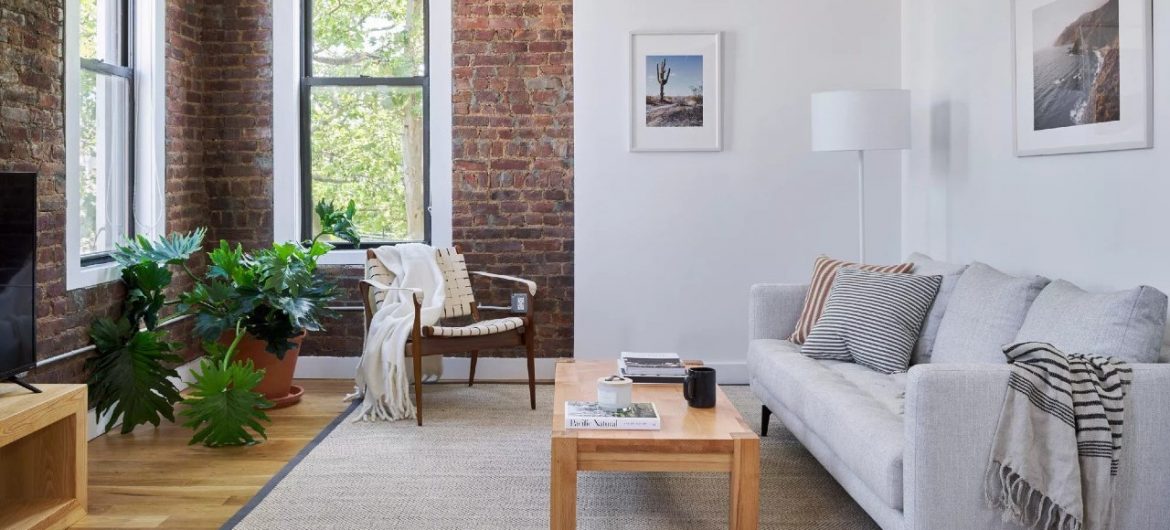Co-living’s rapid expansion comes to a halt with the Covid-19 pandemic. Companies like Common and Quarters have bet that younger people are willing to home share if they can live in prime urban locations affordably and hassle-free. This new model of co-living offers instant community, move-in-ready, and flexibility.
Now, the co-living business models are significantly challenged with a health crisis that requires people to social distance and have left millions unemployed.
The CEOs of Common and Quarters told Bisnow that they remain bullish despite short-term challenges from existing tenants who need to break leases and fewer people signing new leases. For Common, most leases are 12-months which provide some stability, although some are only 3-months. Quarters’ leases also range from three to 12 months with an average of 9-month leases.
Of Common’s 2,000 residents, 20 of them have asked to break their lease and about 40 have requested payment plans, according to Bisnow. Common indicated that the conversion rate from application to signed leases dropped to 50% from 80%.
Both companies are addressing rent flexibility on a case-by-case basis. They also are taking various precautions balancing resident safety and community that include stepping up cleaning amenities and common areas, closing shared amenity spaces and moving to virtual activities.
Hong Kong’s co-living sector shows the extent of damages that could incur. Hong Kong had its first case of Covid-19 in February. The South China Morning Post reported that Hong Kong’s co-living operators have slashed their monthly rate by as much as 50%. The Cube Group, which operates 80 units in five Hong Kong locations saw their occupancy rate dropped by 50% in February.
Co-living gained popularity in Hong Kong in 2019 due to its affordability and flexibility, especially among the expatriate community and now some of these expatriates have left.
Alvin Leung, director of capital markets at JLL told The South China Morning Post, “The situation remains unpredictable at this point, but there will inevitably be some impact on the co-living market. Lower rents for traditional flats are certainly competing with co-living products in Hong Kong, but we are seeing co-living operators also offering discounts to stay competitive in the market.”
Prior to the pandemic, Common and Quarters had ambitious expansion plans which will likely be on hold since construction is not permitted in some locations. Mostly, these companies are evaluating how fast demand will pick up after the pandemic and the economic downturn that is likely to follow.
Quarters CEO Rui Barros reflected on the sector:
Will growth slow? Probably, at least in the short term, because nobody’s certain on what’s going to happen. Until we have a better sense of what the recovery timeline looks like, there is probably going to be slowed growth … pre-pandemic was a much different environment than what we’re in now, for both our partners and us.
We believe that coming out of this crisis, the desire to connect will be stronger than ever. The concept of co-living and community and bringing people together will be stronger than ever at the tail end of this.
The co-living sector will be around. It is just unclear the level of damage it will sustain, especially since prior to the pandemic the sector was only in the early phase of growth and had not established a stable footing.
photo credit: Common





